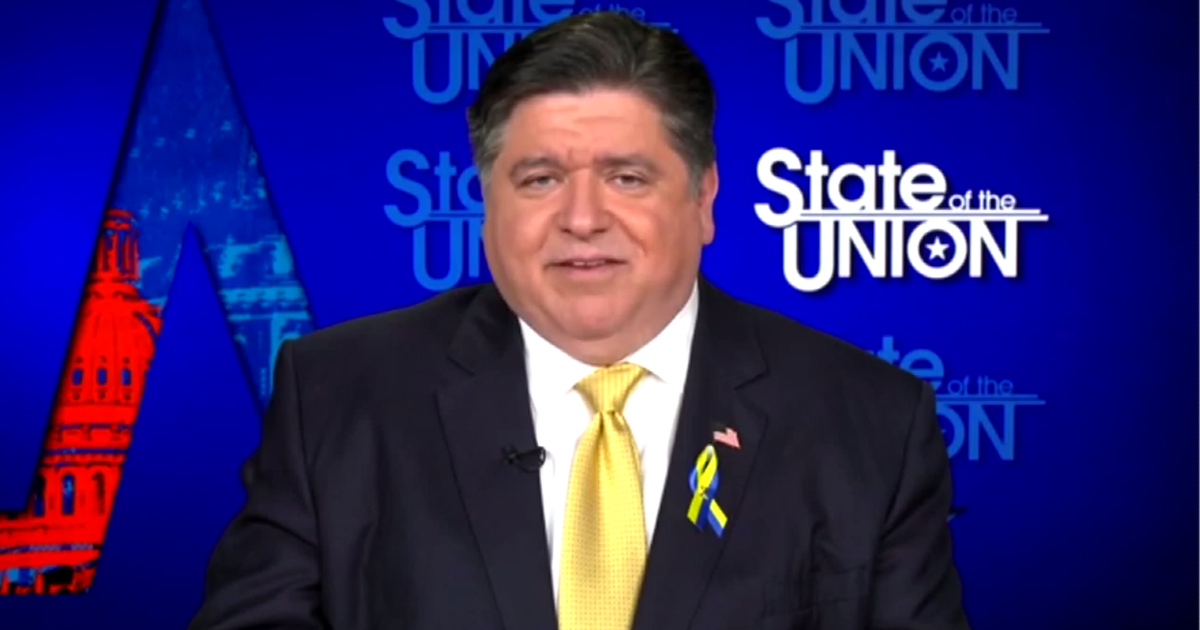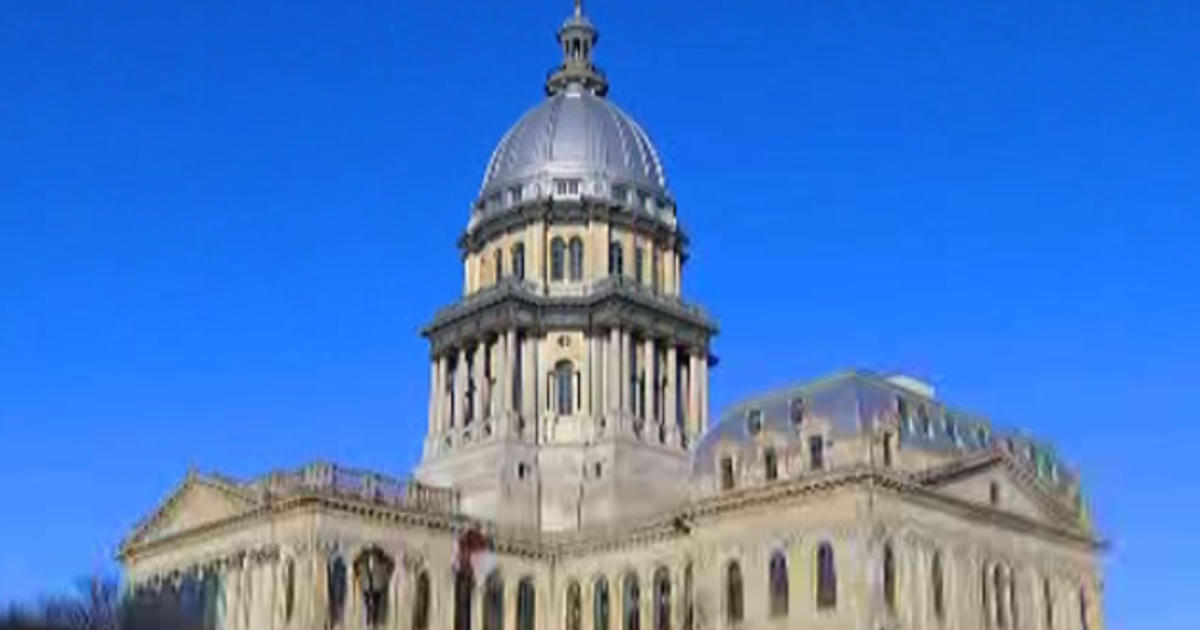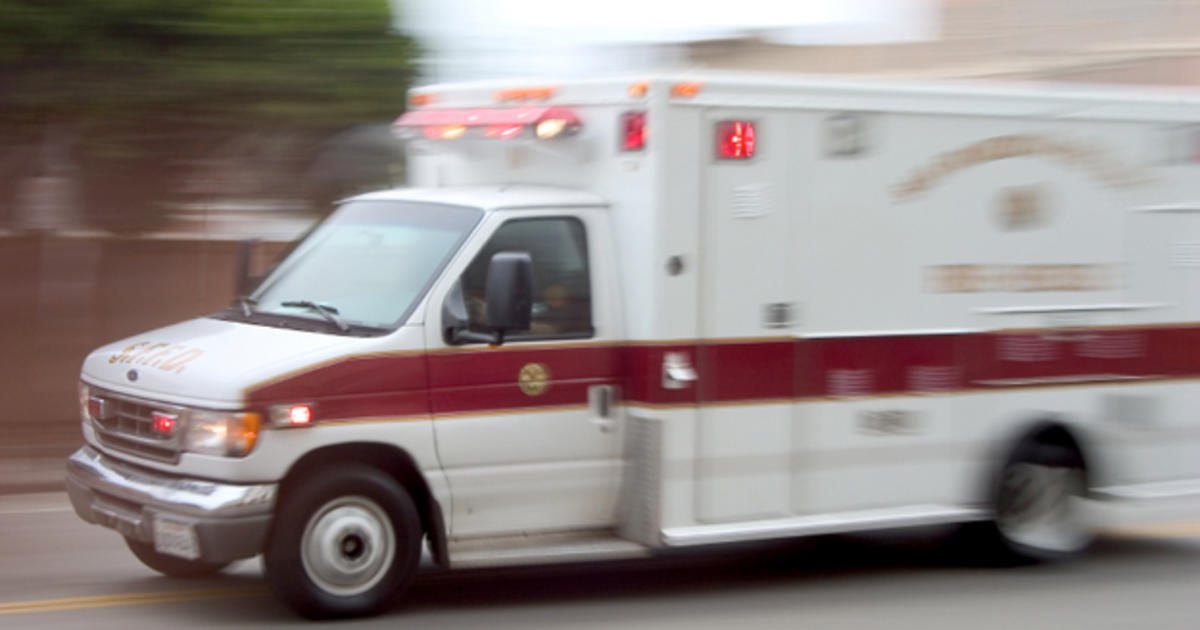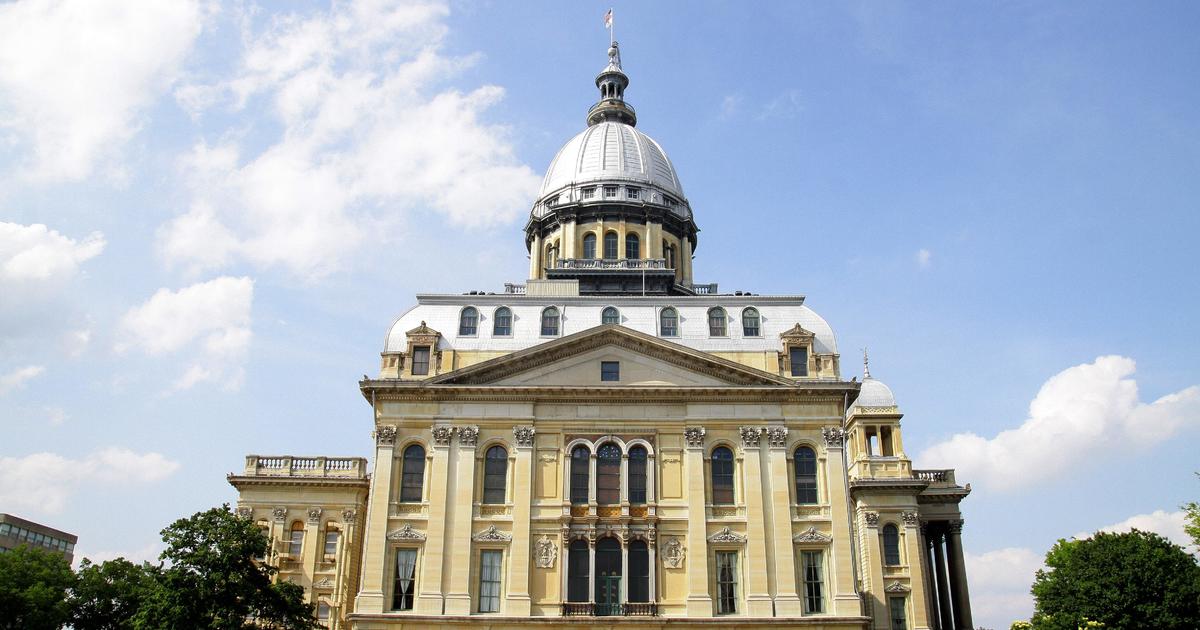Pritzker: State Has Enough COVID Vaccines For Required Second Dosage
CHICAGO (CBS) -- Governor Pritzker said there will be enough COVID vaccines for those getting shots this week to get the necessary second vaccine weeks later, despite being told by the federal government that the state is not going to get the number of COVID vaccines originally promised.
Pritzker said as of Thursday, 3,500 COVID vaccinations had been administered this week to health care workers with more scheduled over the weekend. He said the state has received the entirety of the state's allotment for this week.
The head of the Illinois Department of Public Health, Doctor Ngozi Ezike, said the IDPH received new information from the CDC and the FDA regarding the doses in each Pfizer vial. Originally the number of doses was five but it turns out six vaccines could be taken from each vial. But using spare vaccines from different vials can't be done.
"Any remaining vaccine that is in the vial that does not equal and full dose cannot be combined with remnants from other vials," Ezike said. "We don't want to waste any vaccine, but it's also critical that we make sure that every individual receives a full, safe and effective dose of vaccine."
The governor said as more holiday events are celebrated this month, people should continue to restrict themselves to avoid the spread of COVID-19. Even with the distribution of the COVID vaccine to health care workers this week, Illinois Governor JB Pritzker said people still need to take precautions to avoid the spread of COVID-19.
"These next few weeks, and really these next few months are going to be crucial in our fight to keep people healthy. Experts across the nation agree that this could be the deadliest time of the pandemic until the vaccine is available to everyone. And until we eradicate this virus once and for all," Pritzker said. "I'm asking all Illinoisans to commit to that goal. The best way we can protect our frontline workers and slow the spread of this virus is to double down on mask wearing, social distancing, washing hands frequently."
He said gathering outside the home, with people who live outside your home, could still negatively affect those who have to work everywhere from grocery stores to hospitals.
"Each of our individual choices, meeting up with your cousins at grandma's for Christmas, jetting off to reunions for New Year's, these are choices that affect not just the other people who choose to partake in them, but whole communities," Pritzker said. "Our choices affect the cashier at the grocery store. The janitor at work, other people's loved ones and our own."
On Wednesday, the governor said officials from the federal government told him that what the state was going to get was not going to happen.
"Previously federal authorities had notified us that they planned to ship out nearly eight million Pfizer vaccine doses to states large cities and territories across the country next week. However, as of this morning I was disappointed to learn that the US Department of Health and Human Services informed us that, per the direction of Operation Warp Speed, that estimate was tightened significantly down to 4.3 million doses shipped nationally next week," Pritzker said.
Despite a reduction in the anticipated number of COVID vaccines, Pritzker said there are enough doses for people to get the required second shot to ensure the vaccine's efficacy.
On Thursday, public health officials reported 8,828 new confirmed and probable cases of COVID-19 in Illinois, including 181 additional deaths.
It's the seventh-highest number of deaths reported in a single day during the pandemic. However, while deaths from the virus remain higher than during the first wave in the spring, the state's average infection rate and the number of hospitalizations have been steadily declining in recent weeks.
The state's seven-day average case positivity rate now stands at 8.4%, the lowest it's been since Nov. 3. The state's positivity rate has largely been trending downward over the past month, after reaching as high as 13.2% on Nov. 13. However it's still more than double the 3.5% positivity rate reported at the start of October.
Ezike said as numbers may trend downward, she cautioned against stopping preventative restrictions.
"I am guarded that we are headed in the right direction in terms of the numbers trending slightly downward. But that's not an indication that we should throw caution to the wind and make large holiday and New Year's Eve plans and gatherings," Ezike said.
The doctor added that while people gather during the holiday season, that activity should be put off this year.
"I would like to ask that you continue to celebrate the holidays. Virtually or in person with the people that you live with. Send holiday cards drop off gifts, do caroling outside, call or video chat, text, but stick with the people that you live with," Ezike said.
She had a special warning for young adults.
"I especially want to encourage the young adults who sometimes feel invincible that you two need to take precautions. For over for nearly two months we have seen that the highest number of cases. In the age group 20 to 29. And while these younger people are much less likely to suffer severe illness, we still see that those younger individuals can expose our older family or older friends who could suffer much more severe illness if they were together for the holidays."
Also From CBS Chicago:
- 'You Have the Wrong Place:' Body Camera Video Shows Moments Police Handcuff Innocent, Naked Woman During Wrong Raid
- 3 High-Ranking Fire Department Officials Ask For Demotion, Including One Who Sources Say Was Twice Denied Boarding On A Plane Because He Was Drunk
- Man Shot And Killed In School Parking Lot On Far South Side



